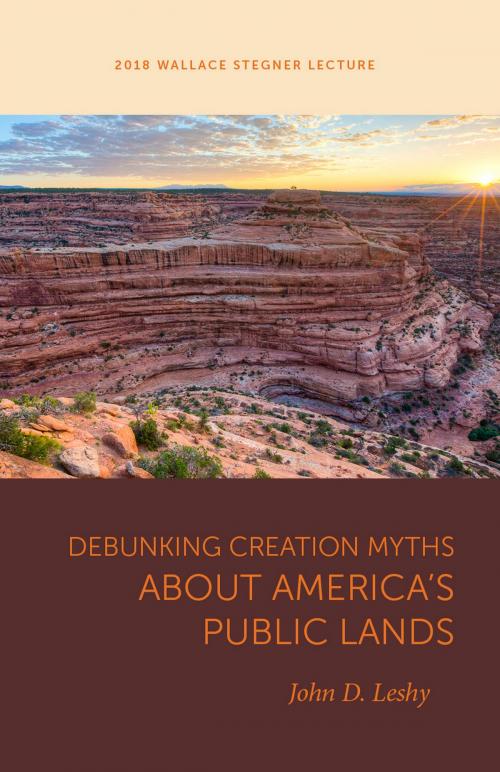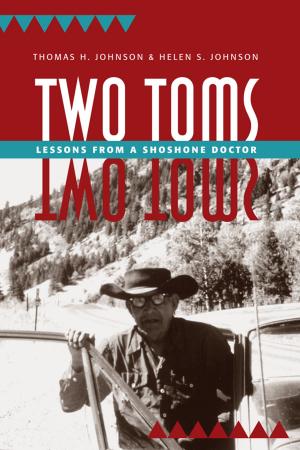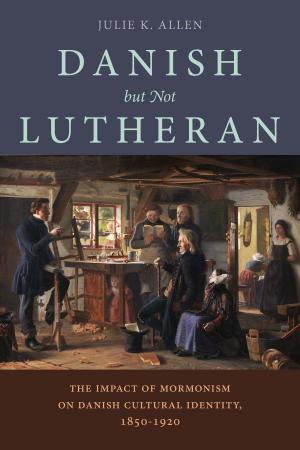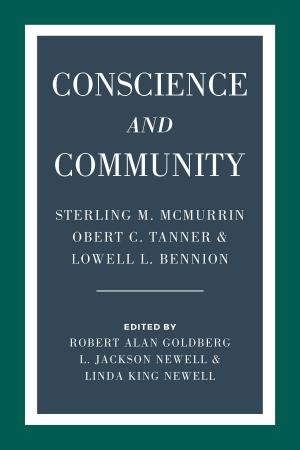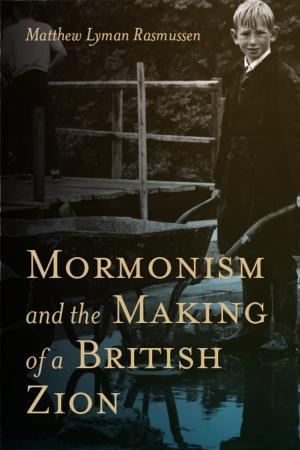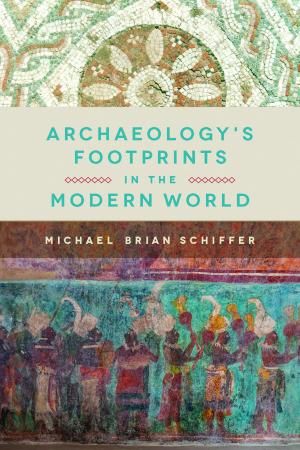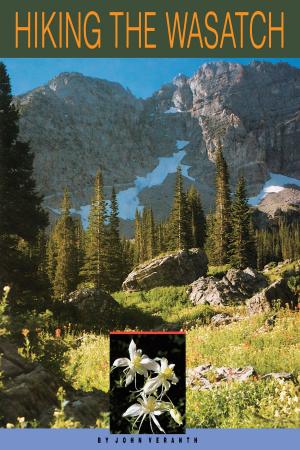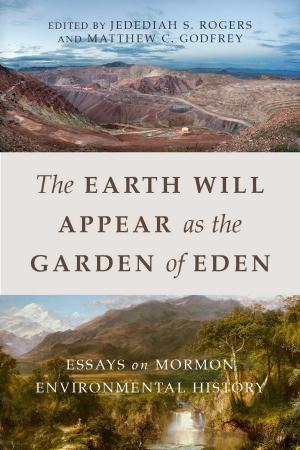Debunking Creation Myths about America's Public Lands
Nonfiction, Reference & Language, Law, Environmental, Science & Nature, Nature, Environment, Environmental Conservation & Protection| Author: | John D. Leshy | ISBN: | 9781607817109 |
| Publisher: | University of Utah Press | Publication: | February 28, 2019 |
| Imprint: | University of Utah Press | Language: | English |
| Author: | John D. Leshy |
| ISBN: | 9781607817109 |
| Publisher: | University of Utah Press |
| Publication: | February 28, 2019 |
| Imprint: | University of Utah Press |
| Language: | English |
In recent times several “creation myths” have gained currency about how the United States government came to own and manage—for broad, mostly protective purposes—nearly one-third of the nation’s land. Controversies such as President Trump’s shrinking the boundaries of Grand Staircase–Escalante and Bears Ears National Monuments and the armed takeover of the Malheur National Wildlife Refuge in Oregon by a ragtag militia group protesting U.S. ownership have brought these myths to the forefront, suggesting that public lands are a kind of centrifugal force driving Americans apart. Over the nation’s long history, however, the opposite has nearly always been the case. In this essay, John Leshy debunks the myths that have contributed to the often polarized character of contemporary discussions of public lands. Recounting numerous episodes throughout American history, he demonstrates how public lands have generally served to unify the country, not divide it. Steps to safeguard these lands for all to enjoy have almost always enjoyed wide, deep, bipartisan support. Leshy argues that America’s vast public lands are priceless assets, a huge success story, and a credit to the workings of our national government. But because these lands remain fully subject to the political process, each generation of Americans must effectively decide upon their future.
This lecture was presented on March 14, 2018, at the 23rd annual symposium of the Wallace Stegner Center for Land, Resources and the Environment at the S.J. Quinney College of Law, University of Utah
In recent times several “creation myths” have gained currency about how the United States government came to own and manage—for broad, mostly protective purposes—nearly one-third of the nation’s land. Controversies such as President Trump’s shrinking the boundaries of Grand Staircase–Escalante and Bears Ears National Monuments and the armed takeover of the Malheur National Wildlife Refuge in Oregon by a ragtag militia group protesting U.S. ownership have brought these myths to the forefront, suggesting that public lands are a kind of centrifugal force driving Americans apart. Over the nation’s long history, however, the opposite has nearly always been the case. In this essay, John Leshy debunks the myths that have contributed to the often polarized character of contemporary discussions of public lands. Recounting numerous episodes throughout American history, he demonstrates how public lands have generally served to unify the country, not divide it. Steps to safeguard these lands for all to enjoy have almost always enjoyed wide, deep, bipartisan support. Leshy argues that America’s vast public lands are priceless assets, a huge success story, and a credit to the workings of our national government. But because these lands remain fully subject to the political process, each generation of Americans must effectively decide upon their future.
This lecture was presented on March 14, 2018, at the 23rd annual symposium of the Wallace Stegner Center for Land, Resources and the Environment at the S.J. Quinney College of Law, University of Utah
